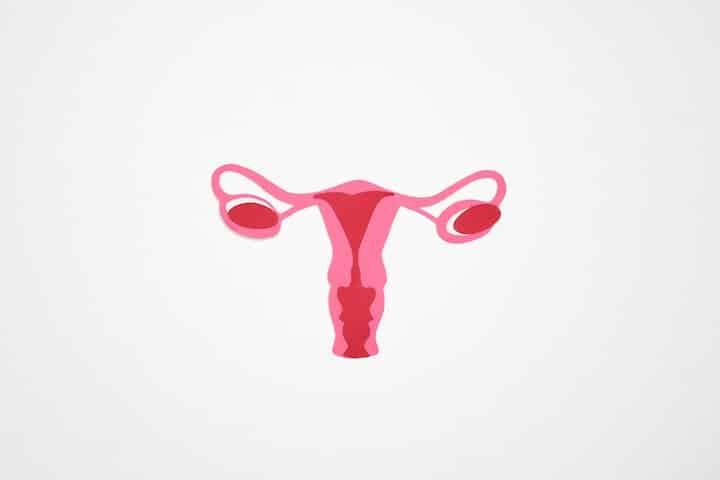Introduction
Ovarian and uterine cancers represent significant challenges in the oncology landscape. These diseases, often diagnosed at later stages, necessitate a multi-pronged approach encompassing advanced research, innovative therapies, and unwavering patient support. The progress made in recent years, driven by the relentless human spirit to conquer disease, offers a beacon of hope for those affected. Say Dr. Scott Kamelle, this article explores the advancements made in combating these cancers, highlighting the collaborative efforts that are shaping a more optimistic future for patients. The complexities of these cancers demand a holistic understanding of both the scientific breakthroughs and the crucial role of patient resilience and support networks.
Early Detection and Screening: A Crucial First Step
Early detection significantly improves the prognosis for both ovarian and uterine cancers. However, the lack of reliable screening methods for ovarian cancer remains a significant hurdle. Research continues to focus on identifying biomarkers that can be used for early detection, potentially through blood tests or imaging techniques. This is a vital area of investigation, as early diagnosis offers the best chance of successful treatment and improved long-term survival rates.
Advances in uterine cancer screening are showing more promise. The increasing use of transvaginal ultrasounds and endometrial biopsies, particularly in high-risk women, allows for earlier detection of abnormal tissue growth. Improved understanding of risk factors, such as family history and genetic predispositions, allows for more targeted screening programs, ensuring that those most vulnerable receive the necessary attention and preventive care. The continued development and refinement of these screening methodologies represent a cornerstone of progress in managing these cancers.
Surgical Advances and Minimally Invasive Techniques
Surgical intervention remains a cornerstone of treatment for both ovarian and uterine cancers. Significant strides have been made in minimally invasive surgical techniques, such as laparoscopy and robotic surgery. These procedures offer several advantages, including reduced trauma, shorter recovery times, and decreased risk of complications compared to traditional open surgery. This translates to a better quality of life for patients during and after treatment.
The development of more precise surgical tools and techniques allows surgeons to perform complex procedures with greater accuracy and efficiency. This is particularly important in ovarian cancer, where careful removal of cancerous tissues and preservation of healthy organs are critical for optimal outcomes. The integration of advanced imaging technologies, such as intraoperative ultrasound and fluorescence-guided surgery, further enhances the precision and effectiveness of these procedures, improving both the immediate and long-term prognosis for patients.
Targeted Therapies and Immunotherapy: Revolutionizing Treatment
The development of targeted therapies has revolutionized cancer treatment. These therapies focus on specific molecules involved in cancer cell growth and survival, minimizing damage to healthy tissues and improving treatment efficacy. In ovarian and uterine cancers, targeted therapies are proving effective in prolonging survival and improving quality of life for patients.
Immunotherapy, harnessing the power of the patient’s own immune system to fight cancer, has emerged as another powerful tool. Checkpoint inhibitors, for instance, are designed to unleash the immune system’s ability to recognize and destroy cancer cells. Ongoing clinical trials are exploring the potential of immunotherapy in combination with other treatments, aiming to achieve even greater therapeutic success in managing ovarian and uterine cancers. The continued development and refinement of targeted therapies and immunotherapies offer immense hope for the future of cancer treatment.
Supportive Care and Improving Quality of Life
The physical and emotional toll of cancer treatment is significant. The importance of comprehensive supportive care, encompassing physical therapy, nutritional counseling, psychological support, and pain management, cannot be overstated. These services are integral to improving patients’ quality of life during and after treatment.
Support groups and patient advocacy organizations play a critical role in connecting individuals with resources, information, and emotional support. The shared experiences and encouragement found within these communities are invaluable in helping patients navigate the challenges of their journey. This holistic approach to cancer care recognizes that successful treatment is not solely dependent on medical interventions, but also on the strength of the individual and the support system around them. This integrated approach fosters resilience and improves overall outcomes.
Conclusion
The fight against ovarian and uterine cancers is a testament to the enduring human spirit of healing. While significant challenges remain, the progress achieved in early detection, surgical techniques, targeted therapies, and supportive care offers substantial reason for optimism. Through continued research, collaboration, and unwavering dedication, we are steadily moving closer to a future where these cancers are effectively prevented, diagnosed early, and treated successfully, improving the lives of countless individuals and their families. The collaborative efforts of researchers, clinicians, and patient advocacy groups are shaping a landscape where hope continues to prevail.
